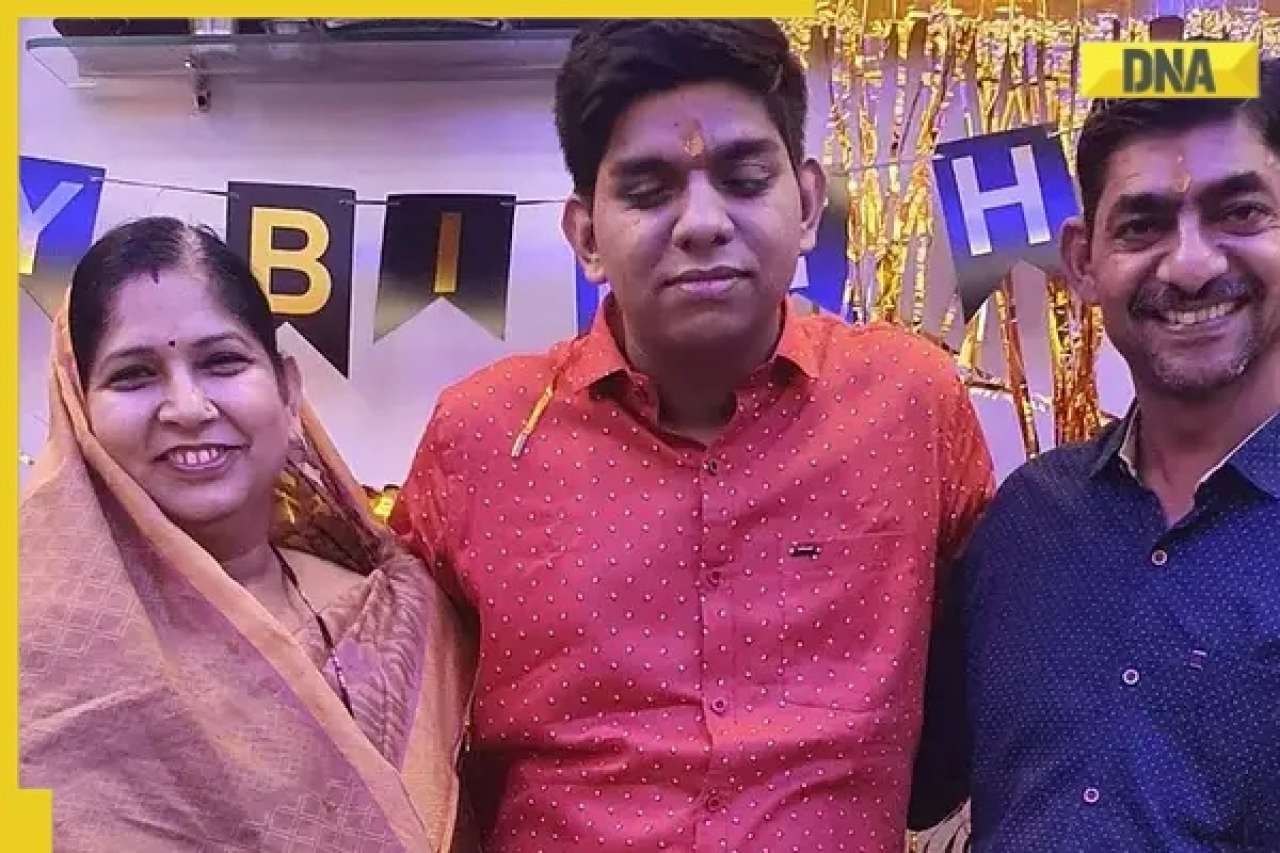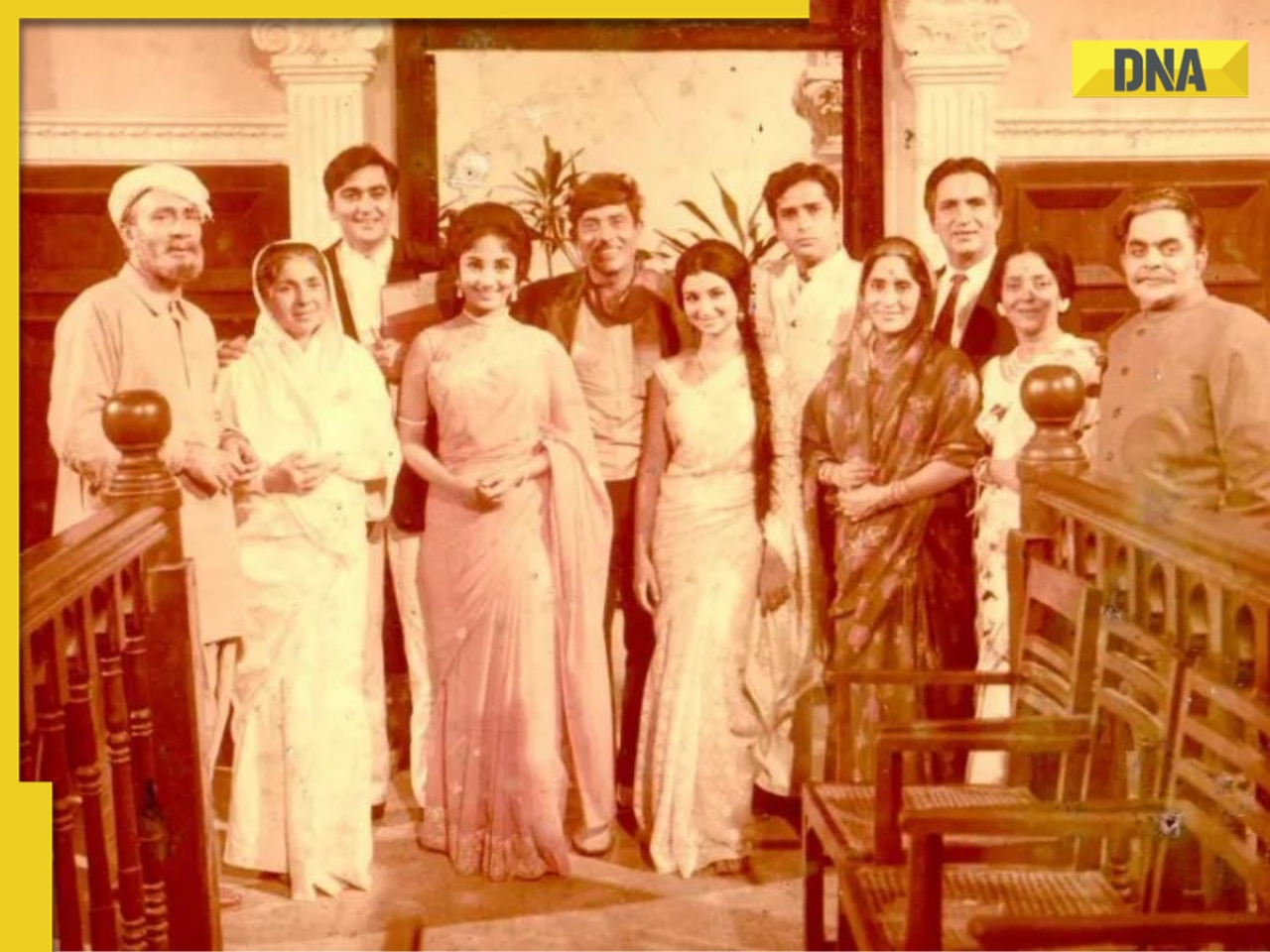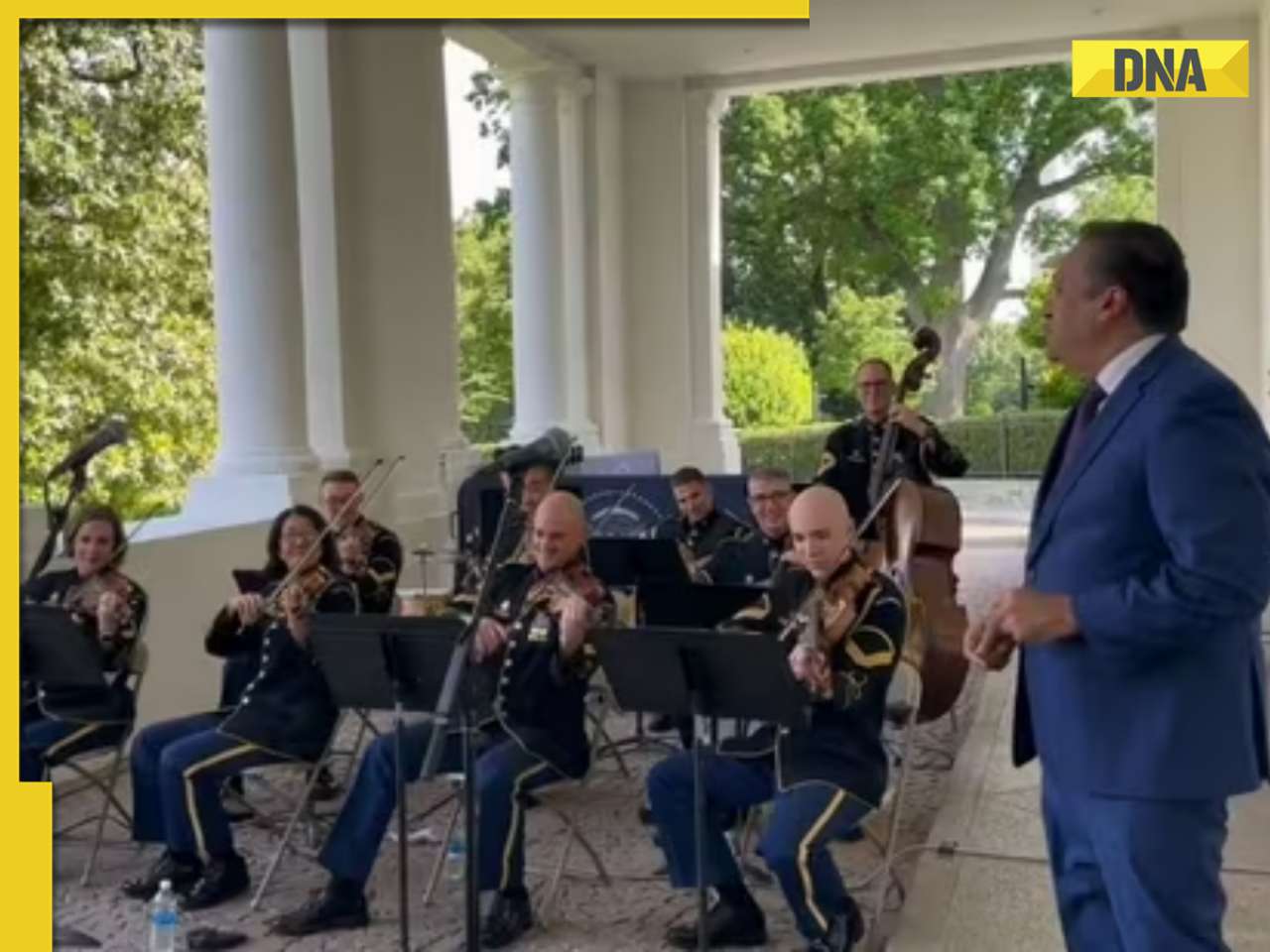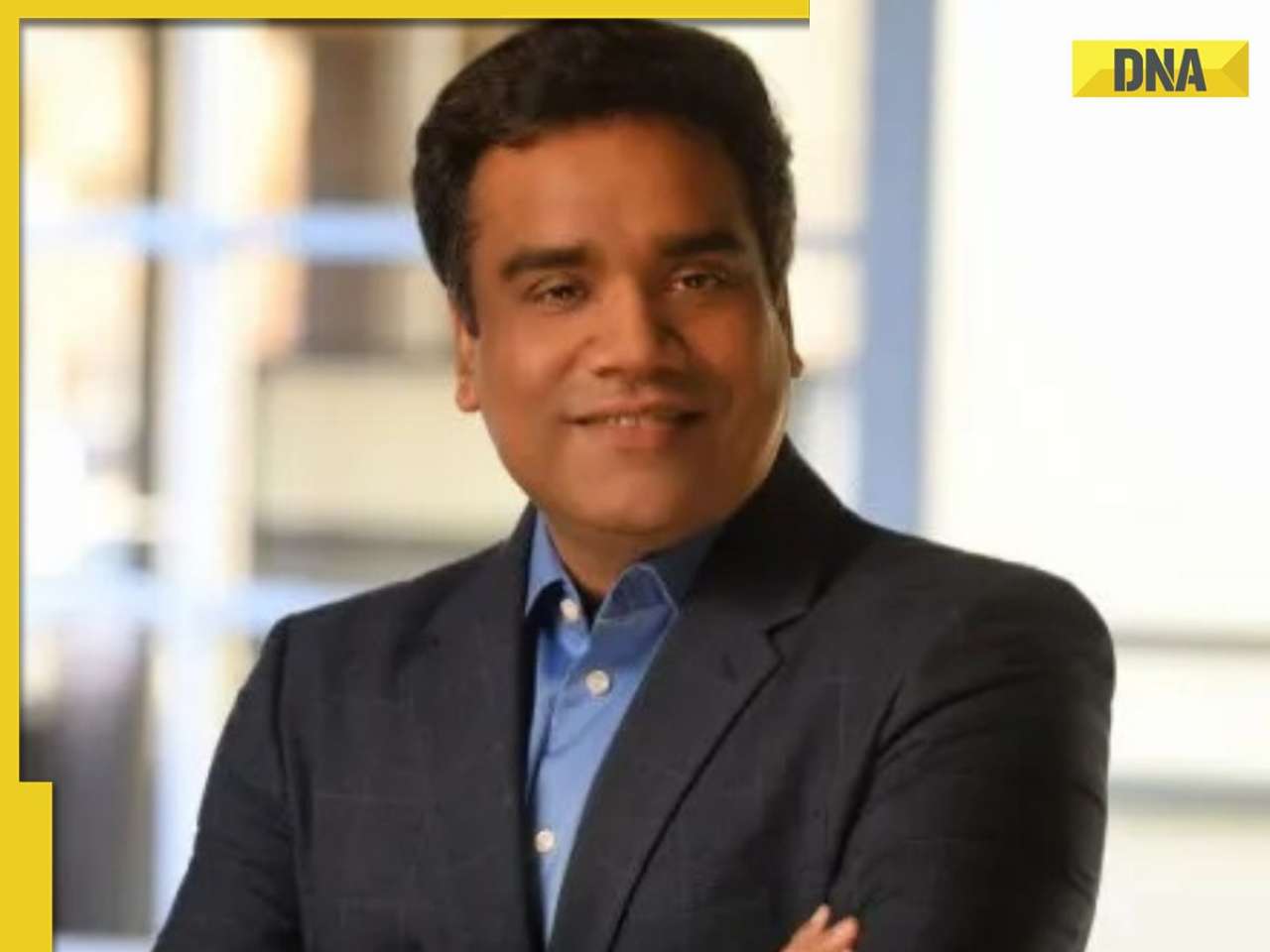Supreme court chief justice Iftikhar Mohammed Chaudhry and many judges had been sacked by General Pervez Musharraf in 2007.
The decision to reinstate superior court judges, following a massive show of people power, has literally eroded the authority of President Asif Zardari and established Nazwaz Sharif as the only popular political leader with the support of the masses.
Supreme court chief justice Iftikhar Mohammed Chaudhry and many judges had been sacked by General Pervez Musharraf in 2007.
Just when it seemed that all efforts by international power players had failed to defuse the political crisis, the Zardari government capitulated to demands of protesters early on Monday, to avoid the wrath of the masses.
With thousands of people on the streets, heading for the capital Islamabad, Prime Minister Yousuf Raza Gilani announced on state television at 5.45am that Chaudhry and other justices would be reinstated.
Gilani’s surprise announcement, which was taken as a defeat of the presidency, followed intense negotiations over the past few days in which opposition parties and the lawyers’ community led by Sharif had refused to compromise with the government.
The eleventh hour retreat by the president led the protesting opposition parties’ activists and lawyers to drop plans to march to the federal capital and stage a sit-in outside the presidency.
Political analysts said the reinstatement changed the political dynamics in Pakistan, given the fact that the leadership of the Zardari-led liberal and progressive Pakistan Peoples Party, which was voted to power in 2008, has been discredited to a great extent and the right-wing Pakistan Muslim League led by Sharif has established itself as a force to reckon with.
Kayani gains respect of masses
Analysts feel that although an immediate political crisis in Pakistan has been defused with president Asif Ali Zardari agreeing to reinstate sacked judges of superior courts, the pot is still boiling and the PPP government remains under threat.
As the political turmoil in Pakistan is over, the army chief, General Ashfaq Kayani, has rewritten history and earned the respect of the masses as a national figure who, unlike his four khaki predecessors, maintained his commitment to keep the army out of politics and leaned on warring politicians to back down from a confrontation threatening the country’s stability.
Amid a growing political crisis, Kayani had been under pressure from the establishment in Rawalpindi to pack up the civilian set-up that failed to deliver and take over the reins of power, like Musharraf.
As the crisis deepened in Pakistan in the last two days and literally started threatening the survival of the democratic set-up, Kayani stepped in to mediate between Zardari and Sharif, besides encouraging Gilani to play his role to resolve the crisis.
The army chief’s role in the crisis guarantees the continuation of democracy. According to IA Rehman, director, Human Rights Commission of Pakistan, his role enhanced the image of the armed forces among people who have been ruled by them for half of the country’s existence. “The person who has actually prevented a coup and helped shore up the country’s fragile democracy is none other than the army chief. From a constitutional point of view, that did not sit right. But was there an alternative?” he quipped.
PM met Brajesh twice on Pak
Prime minister Manmohan Singh, recuperating after cardiac surgery, met former national security advisor in the National Democratic Alliance government Brajesh Mishra, at least twice last week to discuss the situation in Pakistan.
Prime minister’s office officials confirmed that Mishra made trips to 7 Race Course Road to discuss the situation. “The meetings were called as the PM was concerned about events in Pakistan, and Mishra’s expertise in the matter is considerable. The PM felt his expertise could contribute to his understanding of the situation,” an official said.
Even though the external affairs ministry has consistently maintained that the domestic affairs of Pakistan were none of its business, the record of its relations with Pakistan has raised concerns in India. “Pakistan’s domestic troubles often lead to trouble on our borders, so it is in that context that the meetings were held,” an official added.
![submenu-img]() House of the Dragon season 2 trailer: Rhaenyra wages an unwinnable war against Aegon, Dance of the Dragons begins
House of the Dragon season 2 trailer: Rhaenyra wages an unwinnable war against Aegon, Dance of the Dragons begins![submenu-img]() Panchayat season 3 trailer: Jitendra Kumar returns as sachiv, Neena, Raghubir get embroiled in new political tussle
Panchayat season 3 trailer: Jitendra Kumar returns as sachiv, Neena, Raghubir get embroiled in new political tussle![submenu-img]() Apple partners up with Google against unwanted tracker, users will be alerted if…
Apple partners up with Google against unwanted tracker, users will be alerted if…![submenu-img]() Meet actress whose debut film was superhit, got married at peak of career, was left heartbroken, quit acting due to..
Meet actress whose debut film was superhit, got married at peak of career, was left heartbroken, quit acting due to..![submenu-img]() Who is the real owner of Delhi's Connaught Place and who collects rent from here?
Who is the real owner of Delhi's Connaught Place and who collects rent from here?![submenu-img]() Meet man who is 47, aspires to crack UPSC, has taken 73 Prelims, 43 Mains, Vikas Divyakirti is his...
Meet man who is 47, aspires to crack UPSC, has taken 73 Prelims, 43 Mains, Vikas Divyakirti is his...![submenu-img]() IIT graduate gets job with Rs 100 crore salary package, fired within a year, he is now working as…
IIT graduate gets job with Rs 100 crore salary package, fired within a year, he is now working as…![submenu-img]() Goa Board SSC Result 2024: GBSHSE Class 10 results to be out today; check time, direct link here
Goa Board SSC Result 2024: GBSHSE Class 10 results to be out today; check time, direct link here![submenu-img]() CUET-UG 2024 scheduled for tomorrow postponed for Delhi centres; check new exam date here
CUET-UG 2024 scheduled for tomorrow postponed for Delhi centres; check new exam date here![submenu-img]() Meet man who lost eyesight at 8, bagged record-breaking job package at Microsoft, not from IIT, NIT, VIT, his salary is…
Meet man who lost eyesight at 8, bagged record-breaking job package at Microsoft, not from IIT, NIT, VIT, his salary is…![submenu-img]() DNA Verified: Is CAA an anti-Muslim law? Centre terms news report as 'misleading'
DNA Verified: Is CAA an anti-Muslim law? Centre terms news report as 'misleading'![submenu-img]() DNA Verified: Lok Sabha Elections 2024 to be held on April 19? Know truth behind viral message
DNA Verified: Lok Sabha Elections 2024 to be held on April 19? Know truth behind viral message![submenu-img]() DNA Verified: Modi govt giving students free laptops under 'One Student One Laptop' scheme? Know truth here
DNA Verified: Modi govt giving students free laptops under 'One Student One Laptop' scheme? Know truth here![submenu-img]() DNA Verified: Shah Rukh Khan denies reports of his role in release of India's naval officers from Qatar
DNA Verified: Shah Rukh Khan denies reports of his role in release of India's naval officers from Qatar![submenu-img]() DNA Verified: Is govt providing Rs 1.6 lakh benefit to girls under PM Ladli Laxmi Yojana? Know truth
DNA Verified: Is govt providing Rs 1.6 lakh benefit to girls under PM Ladli Laxmi Yojana? Know truth![submenu-img]() Ananya Panday stuns in unseen bikini pictures in first post amid breakup reports, fans call it 'Aditya Roy Kapur's loss'
Ananya Panday stuns in unseen bikini pictures in first post amid breakup reports, fans call it 'Aditya Roy Kapur's loss'![submenu-img]() Remember Harsh Lunia? Just Mohabbat child star, here's how former actor looks now, his wife is Bollywood's popular...
Remember Harsh Lunia? Just Mohabbat child star, here's how former actor looks now, his wife is Bollywood's popular...![submenu-img]() Mother's Day 2024: Bollywood supermoms who balance motherhood, acting, and run multi-crore businesses
Mother's Day 2024: Bollywood supermoms who balance motherhood, acting, and run multi-crore businesses![submenu-img]() Rocky Aur Rani's Golu aka Anjali Anand shocks fans with drastic weight loss without gym, says fitness secret is...
Rocky Aur Rani's Golu aka Anjali Anand shocks fans with drastic weight loss without gym, says fitness secret is...![submenu-img]() In pics: Ram Charan gets mobbed by fans during his visit to Pithapuram for ‘indirect campaign’ for uncle Pawan Kalyan
In pics: Ram Charan gets mobbed by fans during his visit to Pithapuram for ‘indirect campaign’ for uncle Pawan Kalyan![submenu-img]() Haryana Political Crisis: Will 3 independent MLAs support withdrawal impact the present Nayab Saini led-BJP government?
Haryana Political Crisis: Will 3 independent MLAs support withdrawal impact the present Nayab Saini led-BJP government?![submenu-img]() DNA Explainer: Why Harvey Weinstein's rape conviction was overturned, will beleaguered Hollywood mogul get out of jail?
DNA Explainer: Why Harvey Weinstein's rape conviction was overturned, will beleaguered Hollywood mogul get out of jail?![submenu-img]() What is inheritance tax?
What is inheritance tax?![submenu-img]() DNA Explainer: What is cloud seeding which is blamed for wreaking havoc in Dubai?
DNA Explainer: What is cloud seeding which is blamed for wreaking havoc in Dubai?![submenu-img]() DNA Explainer: What is Israel's Arrow-3 defence system used to intercept Iran's missile attack?
DNA Explainer: What is Israel's Arrow-3 defence system used to intercept Iran's missile attack?![submenu-img]() House of the Dragon season 2 trailer: Rhaenyra wages an unwinnable war against Aegon, Dance of the Dragons begins
House of the Dragon season 2 trailer: Rhaenyra wages an unwinnable war against Aegon, Dance of the Dragons begins![submenu-img]() Panchayat season 3 trailer: Jitendra Kumar returns as sachiv, Neena, Raghubir get embroiled in new political tussle
Panchayat season 3 trailer: Jitendra Kumar returns as sachiv, Neena, Raghubir get embroiled in new political tussle![submenu-img]() Meet actress whose debut film was superhit, got married at peak of career, was left heartbroken, quit acting due to..
Meet actress whose debut film was superhit, got married at peak of career, was left heartbroken, quit acting due to..![submenu-img]() 'Ek actress 9 log saath leke...': Farah Khan criticises entourage culture in Bollywood
'Ek actress 9 log saath leke...': Farah Khan criticises entourage culture in Bollywood![submenu-img]() Bollywood’s 1st multi-starrer had 8 stars, makers were told not to cast Kapoors; not Sholay, Nagin, Shaan, Jaani Dushman
Bollywood’s 1st multi-starrer had 8 stars, makers were told not to cast Kapoors; not Sholay, Nagin, Shaan, Jaani Dushman![submenu-img]() Who is the real owner of Delhi's Connaught Place and who collects rent from here?
Who is the real owner of Delhi's Connaught Place and who collects rent from here?![submenu-img]() Viral video: Chinese artist's flaming 'stairway to heaven' stuns internet, watch
Viral video: Chinese artist's flaming 'stairway to heaven' stuns internet, watch![submenu-img]() Video: White House plays 'Sare Jahan Se Achha Hindustan Hamara" at AANHPI heritage month celebration
Video: White House plays 'Sare Jahan Se Achha Hindustan Hamara" at AANHPI heritage month celebration![submenu-img]() Viral video: Bear rides motorcycle sidecar in Russia, internet is stunned
Viral video: Bear rides motorcycle sidecar in Russia, internet is stunned![submenu-img]() Driver caught on camera running over female toll plaza staff on Delhi-Meerut expressway, watch video
Driver caught on camera running over female toll plaza staff on Delhi-Meerut expressway, watch video























































)
)
)
)
)
)